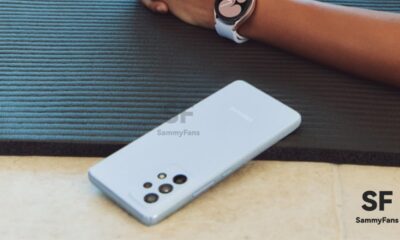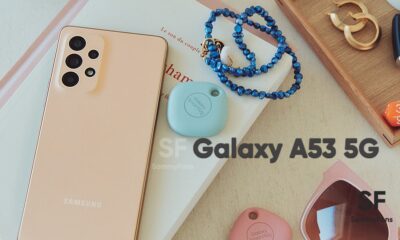News
Nothing Phone 1 uses 50MP Samsung JN1 camera sensor
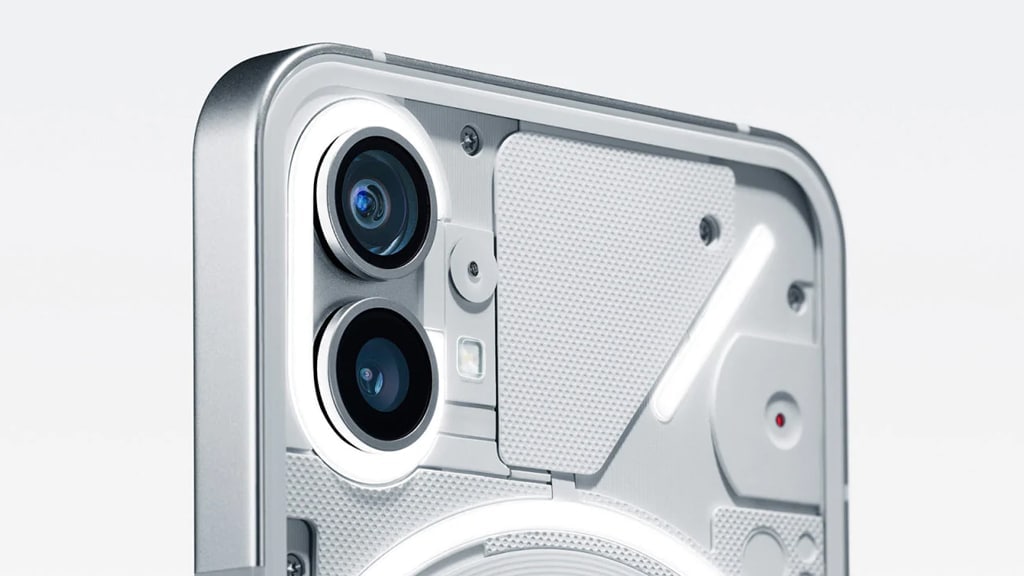
Nothing has officially launched its first smartphone named – Nothing Phone 1, globally. This is a mid-range smartphone, featuring some noticeable functionalities such as a Glyph light system, transparent rear design, and much more. Well, the Nothing Phone 1 proudly uses the 50MP camera ISOCELL JN1 sensor made by Samsung.
Officially, Nothing disclosed that the Nothing Phone 1 is equipped with a Samsung ISOCELL JN1 image sensor as the ultrawide camera. In addition to this, the smartphone comes with a 50 MP Sony IMX766 sensor as the primary camera hardware.
Download Sammy Fans App
In addition to capturing ultra-wide shots, Nothing Phone 1’s JN1 sensor has some significant features like EIS image stabilization, 114° field of view, night mode support, as well as HDR. This 1/2.76” macro image sensor has an aperture of ƒ/2.2.
Join SammyFans on Telegram

Follow Sammy Fans on Google News
Samsung ISOCELL JN1
Last June, the South Korean tech giant introduced the 50-megapixel (MP) ISOCELL JN1 as the world’s first 0.64-micrometer (μm)-pixel image sensor (smallest). The image sensor comes with enhanced ISOCELL 2.0 pixel technology, Smart-ISO, and Double Super PDAF to capture more vivid images.
For taking images in low light conditions, the JN1 employs Samsung’s four-to-one pixel binning tech, Tetrapixel which merges four adjacent 0.64μm-pixels into one big 1.28μm-pixel to quadruple light sensitivity for brighter 12.5Mp photographs.
| Source |
News
Huawei foldable dethroned Samsung with 257% growth
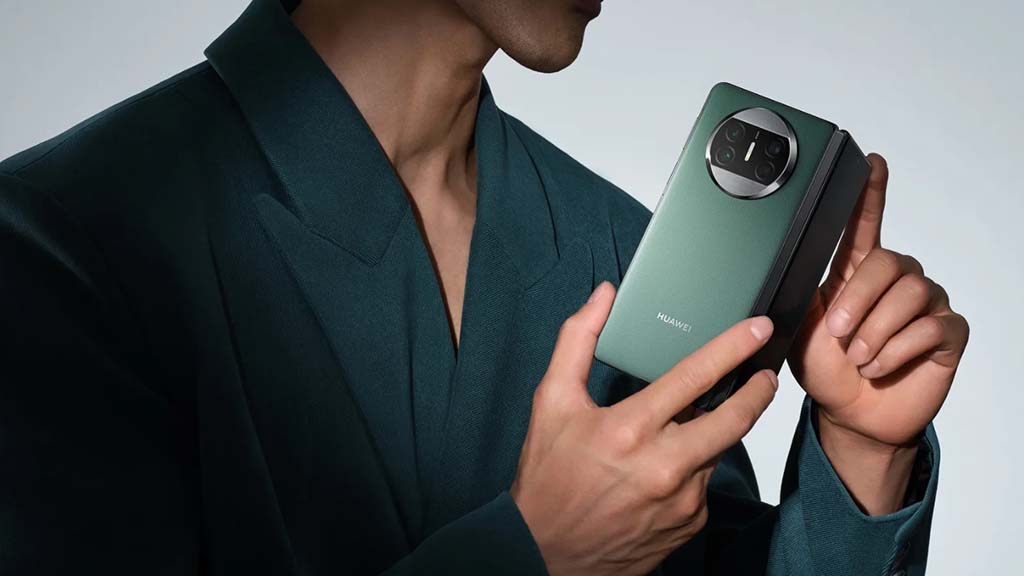
Huawei outpaced Samsung in the global foldable smartphone market in Q1 2024. TechInsights reveals that Huawei scored a whopping 257% YoY growth in the worldwide smartphone market, letting it claim the leadership crown from Samsung.
According to the report, Samsung lost its leadership to Huawei in the foldable market in Q1 2024. The Chinese phone maker managed to become the leader in the first quarter, with Chinese sales bringing a major push to claim this milestone.
The study notes that the Chinese tech giant secured its lead in the overall foldable phone market by dominating the Fold type segment. Despite a 25% decrease in market share YoY, Samsung maintained its leadership in the Flip-style foldable phone.
Surprisingly, Motorola scored an annual growth of 1260% with its clamshell foldable Razr. While notable growth was recorded by Honor (+480%), Vivo (+331%), and Xiaomi (+41%), Samsung (-25%) and Oppo (-75%) experienced a decline in market share.
The Chinese foldable phone market exhibited a growth of 94% year-on-year. As for the North American region, it grew by 143% YoY, and Motorola surpassed Samsung to take the top spot, with Samsung in second place and OnePlus in third.
News
Apple to unveil AI-generated emoji and OpenAI collab at WWDC
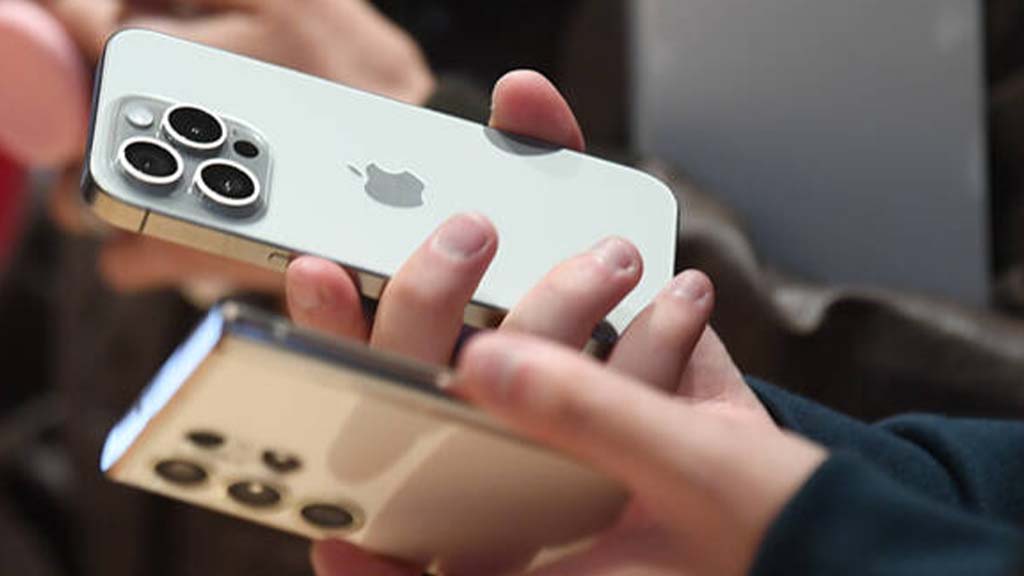
At WWDC 2024, Apple will likely unveil AI-generated emoji and OpenAI collab. Apple is unlikely to debut significant AI or Generative AI features that Google and Samsung. Rather, the company could reveal basic AI features like transcribing voice memos or auto-generated emojis.
According to MarkGurman, the Apple WWDC 2024 event may include basic AI features and OpenAI collaboration. Apple’s rumored “smart recap” feature could summarize missed texts, notifications, and other things like “web pages, news articles, documents, notes and other forms of media.”
The Voice Memo app could also get a big boost in AI-generated transcripts. Apple could also announce AI-powered improvements to on-device Spotlight search, internet searches with Safari, as well as writing suggestions for emails and texts.
Rumors also indicate AI-powered features that will let users retouch photos and generate emoji based on what you’re texting. Siri voice assistant may also get a better, more natural-sounding voice, powered by Apple’s own large language models.
Earlier, Apple was rumored to be in talks with Google to integrate Gemini AI. Apple is reportedly allowing OpenAI to integrate its ChatGPT chatbot with its operating system. However, Gurman reports that the company is still working with Google to reach an agreement on Gemini AI.
News
Google drops Samsung, opts for TSMC’s Tensor G5 in Pixel 10: Report
The Pixel 10 series could be equipped with a Tensor G5 chip made by TSMC as Google is reportedly ditching Samsung Foundry for its fifth-generation Tensor chipset, which would power the Pixel 10 series.
Evidence shared by AndroidAuthority indicates TSMC would manufacture Tensor G5 for Google. As Google’s Pixel business is gradually growing, parting ways with Samsung would give a major boost in terms of performance.
Pixel’s Tensor chipsets were always criticized for their performance and efficiency concerns. While Samsung Foundry has impressed with its latest Exynos chip in Galaxy S24, Google seems to have already jumped to TSMC.
Publicly available trade databases mention Google (as Shipper) and Tessolve Semiconductor (as Consignee). The description reveals the Google part number, chip’s code name “laguna (LGA),” goods’ type, packing type, manufacturer, and the number of tests the mentioned chipset has passed.
![]()
The evidence also reveals that the Pixel 10 might use up to 16GB of RAM, a huge 4GB bump to the current flagship’s RAM. This huge RAM boost is also expected to be brought to the upcoming Galaxy S25 Ultra, which Samsung would introduce in early next year.
Google introduced its in-house Tensor chipset in 2021 with Pixel 6 and 6 Pro. Since then, the company has partnered with Samsung for semiconductor production. This year’s Pixel 9 series will also use a Samsung-made Tensor G4 processor.





